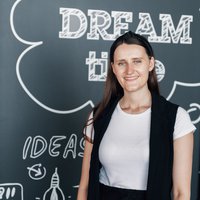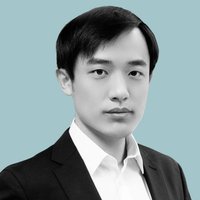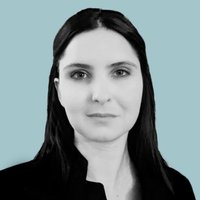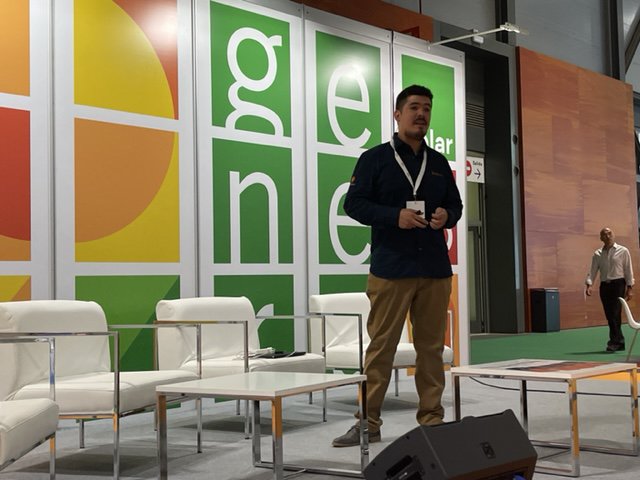Energy & sustainability
Cristóbal Parrado
Using artificial intelligence to improve the productivity of solar plants and accelerate the green transition.

Europe
Michaela Stephen
Co-founder of MATR

Latin America
Axel Leonel Córdoba
Its hydrogel with essential nutrients for plant growth reduces the water and fertilizer needs of agriculture.

Global
Kaichen Dong
A “smart” coating that can be attached to any roof.

Global
Shannon Nangle
Fermentation technology that converts carbon dioxide and hydrogen into fats for the food industry.
